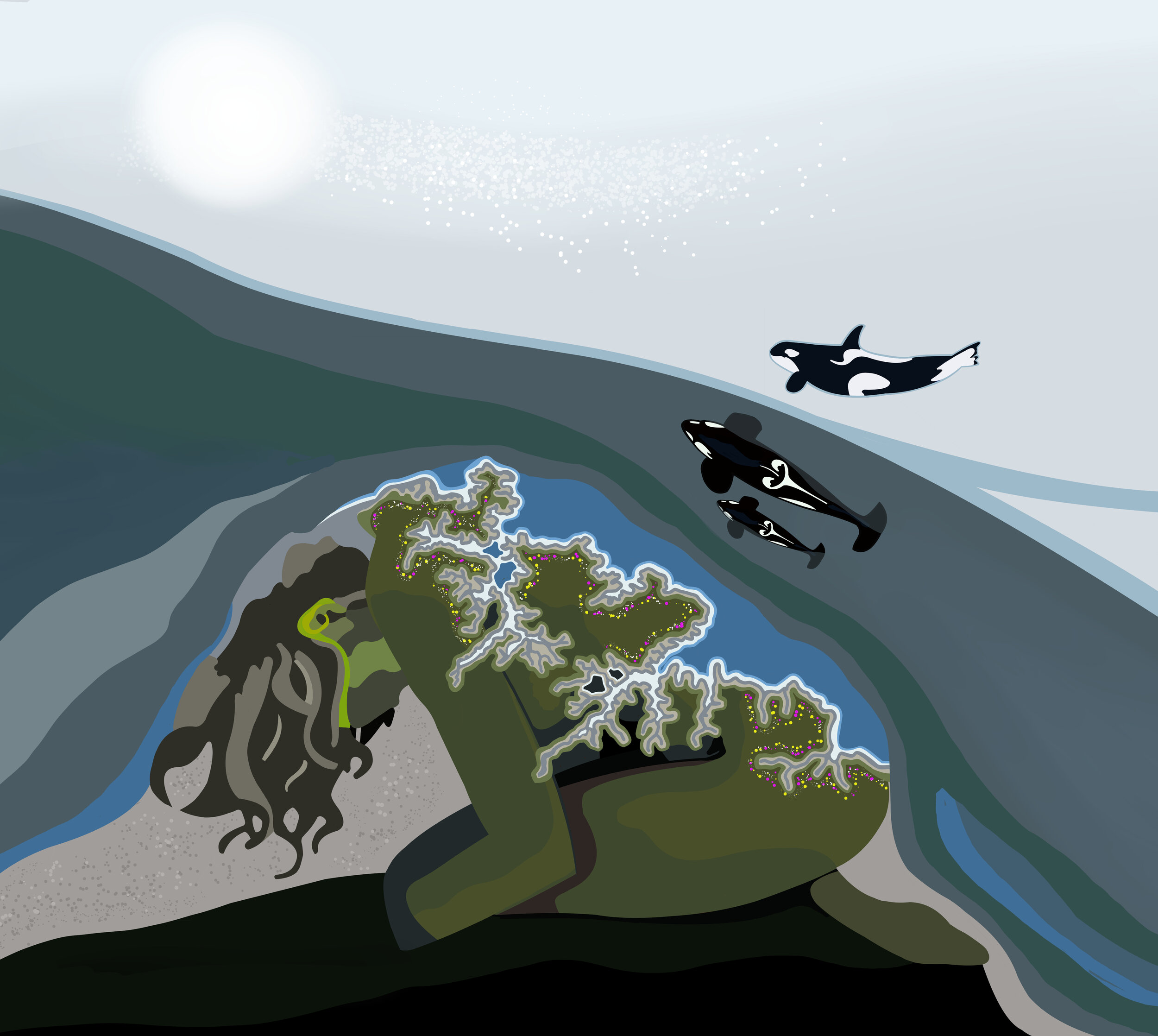of Indigenous Feminisms
From "Confluence: Water as an Analytic of Indigenous Feminisms: An Introduction." American Indian Culture and Research Journal 43.3 (2020).
This article intends an orientation of readers to critical Indigenous feminist politics through a theorizing of and engagement with water as an analytic. It will not serve as an introduction in the conventional sense. There is nothing wrong with that kind of introduction or the expectations they engender; I have written them and find them useful. But I feel that the complexity of Indigenous feminist politics—defined as it is in this historical moment by the refutation of sexual violence, extractive capitalism, and the empire’s apologia; respect of original teachings and cultural practices and the elders who care for them; and the futurisms of science fiction, and eco- and poly-eroticism—requires that I at least try to offer something other than the usual. I feel it requires something that thinks and moves with in relation and responsibility to, rather than sits in front of, or above, as with the usual script for the view and content of the introduction.
And so I turn to water. Not a water romanticized in a nostalgia for a past authentic Indigeneity always already feminist (as if it has always been this way). Not a water subjected to recuperation or recovery efforts (implying if not demanding the apparatus of a state’s recognition and conservation). And not a water whose dystopic contamination and toxicity leaves us with nothing but a cosmic-level crisis from which we will never survive, or can survive only as superheroes. Instead I turn to water as a mode of analysis, a water that (in)forms, a water that instructs. In doing so I try to think and move with other Indigenous women who hold and care for water as life, who see water as a relative, as part of a living network of interdependent relationships and deep responsibilities.
Full article available here: https://sfsu.academia.edu/jmbarker

Water Beings (2019)

Water as Wampum (2019)

Water Form (2019)

Turtle Island (2019)

Rivulets (2019)

Mother Earth (2019)

Infinity (2019)
of Fire and Water




of Transitions (Gender Like Water)














